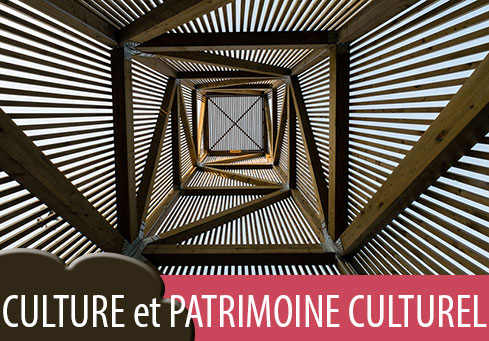The ubiquity of smart technologies has pushed both individuals and organisations towards the virtual space as the ultimate source of information. Yet, as Roberto Viola, Director General of DG Connect, cleverly notes: “Today, even if omnipresent and intensively used, many Europeans still have some hesitations about going online, for instance around financial transactions, and concerns about personal data and transparency.”
Indeed, as massive cyber breaches continue to assail even the largest organisations, citizens are increasingly concerned about their data safety and privacy online. According to a 2015 Report by DATA-PSST and DCSS, which collected responses from different European countries, the number of people who said they worry about online privacy grew from 89% in 2014 to 92% in 2015. Apparently, there is a burning need to preserve the Internet as a trusted source and ensure it further develops as a secure and open space for information access.
In order to “shape this future Internet as a powerful, open, data-driven, user-centric, interoperable platform ecosystem,” the European Commission has launched a Next Generation Internet initiative which will be running until 2027. The initiative will aim to encourage both civic society and organisations of different kinds to collaborate on creating better online services and implementing new technologies in business, science, education and other fields. By sharing expertise and innovative ideas, these groups can expand the knowledge in the areas such as 5G, IoT, cloud and big data to bring about the necessary improvements in the online world. This way, the initiative looks to reach two main objectives:
- supporting the development of European companies with new business models and innovative uses of technology to become global leaders in the Internet economy;
- contributing to the evolution of the Internet as a more human-centric space.
Through the consistent collaboration between key stakeholders, the initiative can help address some burning issues in the online world and fully exploit the potential of the Internet for the benefit of all Europeans. Its initial phase is set to start in autumn with a string of steps and measures, which include open and continuous consultation to engage with a broader audience, specific workshops, a call for study and a call for support actions which will be launched in December. Throughout the next decade, the initiative will look to continuously introduce new ideas, concepts and applications that can help safeguard Europeans online and encourage innovation in business, technology and other fields.
Bojana Dobran
Content consultant



